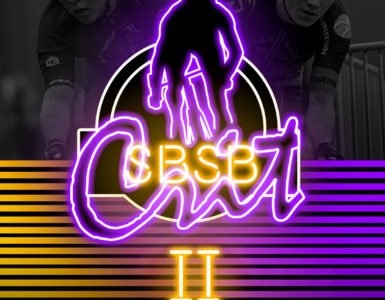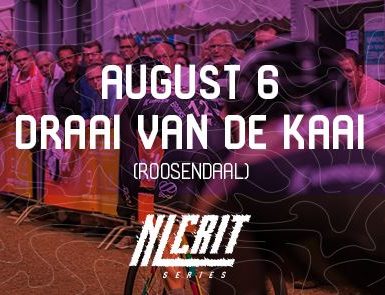When he was 12 years old, Zac Felpel‘s dad got him into riding mountain bikes, this was the beginning of a cycling career that sparked his competitive side. When he started beating many of the older and more experienced riders the competitive side became even more prominent. Once he turned 16 he discovered that he had a knack for road crits. Recruited to race for the varsity cycling team at Lees McRae College in North Carolina he was given the support and freedom to compete in all cycling disciplines, instrumental in developing the bike handling he relies on in every fixed gear crit. In 2012 he was going to school with David Trimble’s brother who dared him to come race Red Hook in Brooklyn. Zac fought his way to a 4th place finish and immediately fell in love with the race. In more recent years Red Hook Crit has preserved his passion and motivation for cycling when he became discouraged by the state of road racing in America.
Text: Michele Colucci / vimeo: michele colucci / instagram: mikelone77
Photography: Tornanti.cc

How did you feel racing your first RHC compared to your last?
At the start of my first RHC in Brooklyn 2012 I was quite nervous because of the many unknowns. I did not know what to expect or even if I would be able to handle a fixed gear bike in the street environment. Within a few laps, my qualms were gone and I realized this was no different than any other race. I have a natural feel for the limits of a bike through any given corner and quickly adjusted to how a fixed bike needed to be handled on a technical course.
At the most recent RHC N.10 in Brooklyn, I was still nervous but for very different reasons. I am certainly now quite confident in my ability to handle a fixed bike, but the race has definitely changed. I was nervous about the risks that the riders around me would take as the stakes have been raised. I was able to use my experience to miss all of the crashes and was in position for a top 10 before the restart with 5 to go which changed the complexion of the race.
Has anything you loved about RHC got lost throughout the years?
The feeling of racing a brakeless, fixed bike on a technical course is what made me hooked on the race from the very first crit I competed in. This feeling has not changed. The progression of the RHC has happened faster than I think anyone could have imagined, and the event is lacking the grass roots feel which many fans and racers appreciated when it first began. As a racer who did not go the professional route, it can be a bit discouraging knowing the podium will be comprised of pro racers. At the same time, it is pretty cool to be able to say I am working full time and still manage to battle it out with some of the best cyclists in the world. My 22nd place finish in Brooklyn this spring meant as much to me as my podium in my first event knowing how much I had to fight and overcome to achieve it.

How long do you see yourself still racing fixed gear crits?
Hm… I am sure I will be at Brooklyn every year for many years to come. That race means so much to me and is a great reunion to see friends I have made over the years. I am not sure how much longer I will focus on the whole Red Hook series with the rising traveling costs and difficulty of planning out a Euro racing weekend. The effort of traveling to and racing one of the European Red Hook Crit dates can take quite some time to recover from.
Your 5 most important tips for young guns approaching crit racing?
1. Don’t take yourself too seriously (I used too)
2. Appreciate the moment – Don’t take for granted the amazing experiences our sponsors pay for.
3. “To finish first, you must first finish”
4. Leave everything you have on the race course every single race.
5. ALWAYS respect your fellow competitors and take time for the fans that come watch the races.

How much does the bike or any of its components count?
One of the reasons I love Red Hook is the relative low cost of fixed gear bikes which makes it much more accessible than standard road racing. For me, the two most important components are wheels that are going to spin up fast and a handlebar set up that is comfortable and strong. I always run aluminum handle bars with a simple round bend.
What’s the most dangerous situation to avoid during a crit race and what’s the most dangerous one you’ve found yourself in?
The most dangerous situation to be in is when you are stuck in the middle of the pack where riders are taking big risks. This is why qualifying is so important in crits. If you are in the top 10 positions, it is usually single file and the top riders respect each other, but in the back, it is chaos. I started mid-pack in Brooklyn this year and it took every ounce of focus I had to finish that race. Fixed gear crits wear you down mentally as well as physically which is why experience in these races is so important to make it to the finish line.

Dead Cyclists Society
Copywriter & Videomaker
vimeo: michele colucci
instagram: mikelone77




